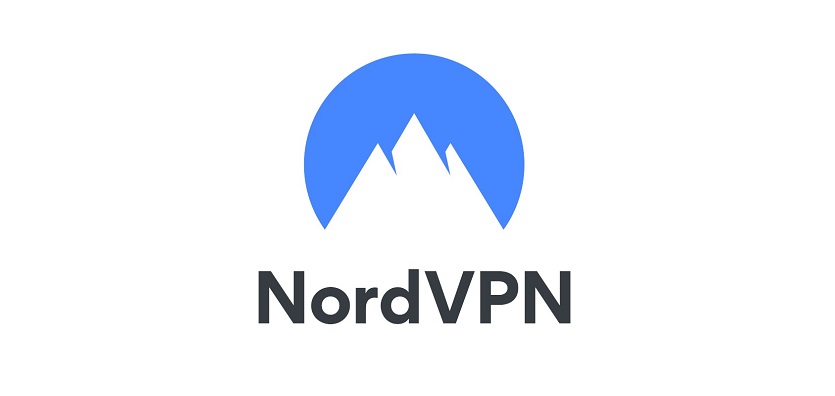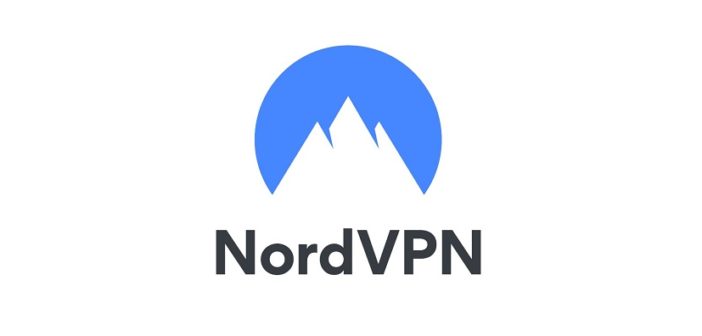
Cybersecurity experts’ take and advice on 5G networks
5G networks are surrounded by endless controversy, from political debates to conspiracy theories stating that 5G causes coronavirus.
While the coronavirus rumor has been publicly and globally debunked by scientists, there are new reports claiming that the future 5G networks might also be vulnerable to existing GTP protocol vulnerabilities.
In June 2020, London-based cybersecurity firm Positive Technologies released a report stating that vulnerabilities in the GPRS Tunnelling Protocol (GTP), mainly used by mobile operators, will continue to have an impact even as networks migrate to 5G infrastructure. According to the report, even if the 5G protocol contains security features to prevent similar attacks, legacy protocols will allow hackers to intercept user data and carry out impersonation, fraud, and denial of service (DoS) attacks.
With these new findings, security experts at Positive Technologies advise that security must be a priority and not an afterthought when it comes to the network design. Experts note that implementing security infrastructure at a later stage could either cost much more or leave vulnerabilities that might be impossible to fix.
While this advice might be useful to network implementers, what can netizens do to protect themselves? Daniel Markuson, at NordVPN, shares his thoughts on 5G and what responsible users can do to take their personal cybersecurity to the next level.
“5G is something to be excited about — it’s predicted to be ten times faster than 4G. The 5G technology will also have a virtualized core. This means that instead of specialized hardware, there will be software routing voice and other data to ensure it gets to the right destination. The new technology will allow for new capabilities: for instance, “network slicing” will enable operators to offer dedicated bandwidth to emergency services, allowing this type of data to travel faster.
But software-based architecture also creates more potential entry points for attackers. It also means that it could be easier to insert malicious backdoors into products and make them harder to detect. This would be a scary scenario for anyone who wants to protect their data, be it private individuals, companies, or governments.
The growing threats to cybersecurity are another reason to start taking your security more seriously. Using a VPN could become a good habit for all internet users, whether they are using 4G, 5G, or public Wi-Fi. VPN secures internet traffic on a device level. This means that traffic is fully encrypted: even if third parties intercepted the data, they would not be able to decipher and read it. Besides, NordVPN keeps no logs of users’ online activity and cannot provide any information to authorities.
It is also a good idea to limit the number of smart devices at home. For example, think whether you really need a smart blender. Every new gadget connected to the network is another gateway for hackers.”






